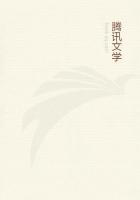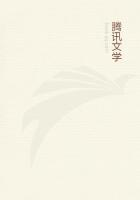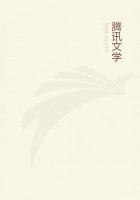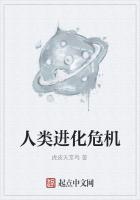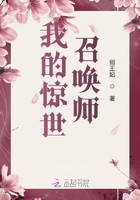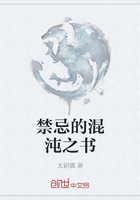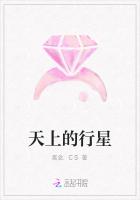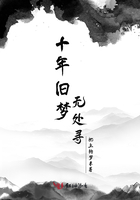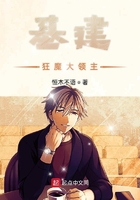"I don't believe," said Lord Stanley (now Earl of Derby) at Glasgow, "that an unemployed man, however amiable and otherwise respectable, ever was, or ever can be, really happy. As work is our life, show me what you can do, and I will show you what you are. I have spoken of love of one's work as the best preventive of merely low and vicious tastes. I will go further, and say that it is the best preservative against petty anxieties, and the annoyances that arise out of indulged self-love. Men have thought before now that they could take refuge from trouble and vexation by sheltering themselves as it were in a world of their own. The experiment has, often been tried, and always with one result. You cannot escape from anxiety and labour--it is the destiny of humanity.... Those who shirk from facing trouble, find that trouble comes to them. The indolent may contrive that he shall have less than his share of the world's work to do, but Nature proportioning the instinct to the work, contrives that the little shall be much and hard to him. The man who has only himself to please finds, sooner or later, and probably sooner than later, that he has got a very hard master; and the excessive weakness which shrinks from responsibility has its own punishment too, for where great interests are excluded little matters become great, and the same wear and tear of mind that might have been at least usefully and healthfully expended on the real business of life is often wasted in petty and imaginary vexations, such as breed and multiply in the unoccupied brain." (8)Even on the lowest ground--that of personal enjoyment--constant useful occupation is necessary. He who labours not, cannot enjoy the reward of labour. "We sleep sound," said Sir Walter Scott, "and our waking hours are happy, when they are employed;and a little sense of toil is necessary to the enjoyment of leisure, even when earned by study and sanctioned by the discharge of duty."It is true, there are men who die of overwork; but many more die of selfishness, indulgence, and idleness. Where men break down by overwork, it is most commonly from want of duly ordering their lives, and neglect of the ordinary conditions of physical health.
Lord Stanley was probably right when he said, in his address to the Glasgow students above mentioned, that he doubted whether "hard work, steadily and regularly carried on, ever yet hurt anybody."Then, again, length of YEARS is no proper test of length of LIFE.
A man's life is to be measured by what he does in it, and what he feels in it. The more useful work the man does, and the more he thinks and feels, the more he really lives. The idle useless man, no matter to what extent his life may be prolonged, merely vegetates.
The early teachers of Christianity ennobled the lot of toil by their example. "He that will not work," said Saint Paul, "neither shall he eat;" and he glorified himself in that he had laboured with his hands, and had not been chargeable to any man. When St.
Boniface landed in Britain, he came with a gospel in one hand and a carpenter's rule in the other; and from England he afterwards passed over into Germany, carrying thither the art of building.
Luther also, in the midst of a multitude of other employments, worked diligently for a living, earning his bread by gardening, building, turning, and even clock******. (9)It was characteristic of Napoleon, when visiting a work of mechanical excellence, to pay great respect to the inventor, and on taking his leave, to salute him with a low bow. Once at St.
Helena, when walking with Mrs. Balcombe, some servants came along carrying a load. The lady, in an angry tone, ordered them out of the way, on which Napoleon interposed, saying, "Respect the burden, madam." Even the drudgery of the humblest labourer contributes towards the general wellbeing of society; and it was a wise saying of a Chinese Emperor, that "if there was a man who did not work, or a woman that was idle, somebody must suffer cold or hunger in the empire."The habit of constant useful occupation is as essential for the happiness and wellbeing of woman as of man. Without it, women are apt to sink into a state of listless ENNUI and uselessness, accompanied by sick headache and attacks of "nerves." Caroline Perthes carefully warned her married daughter Louisa to beware of giving way to such listlessness. "I myself," she said, "when the children are gone out for a half-holiday, sometimes feel as stupid and dull as an owl by daylight; but one must not yield to this, which happens more or less to all young wives. The best relief is WORK, engaged in with interest and diligence. Work, then, constantly and diligently, at something or other; for idleness is the devil's snare for small and great, as your grandfather says, and he says true." (10)Constant useful occupation is thus wholesome, not only for the body, but for the mind. While the slothful man drags himself indolently through life, and the better part of his nature sleeps a deep sleep, if not morally and spiritually dead, the energetic man is a source of activity and enjoyment to all who come within reach of his influence. Even any ordinary drudgery is better than idleness. Fuller says of Sir Francis Drake, who was early sent to sea, and kept close to his work by his master, that such "pains and patience in his youth knit the joints of his soul, and made them more solid and compact." Schiller used to say that he considered it a great advantage to be employed in the discharge of some daily mechanical duty--some regular routine of work, that rendered steady application necessary.
Thousands can bear testimony to the truth of the saying of Greuze, the French painter, that work--employment, useful occupation--is one of the great secrets of happiness. Casaubon was once induced by the entreaties of his friends to take a few days entire rest, but he returned to his work with the remark, that it was easier to bear illness doing something, than doing nothing.

